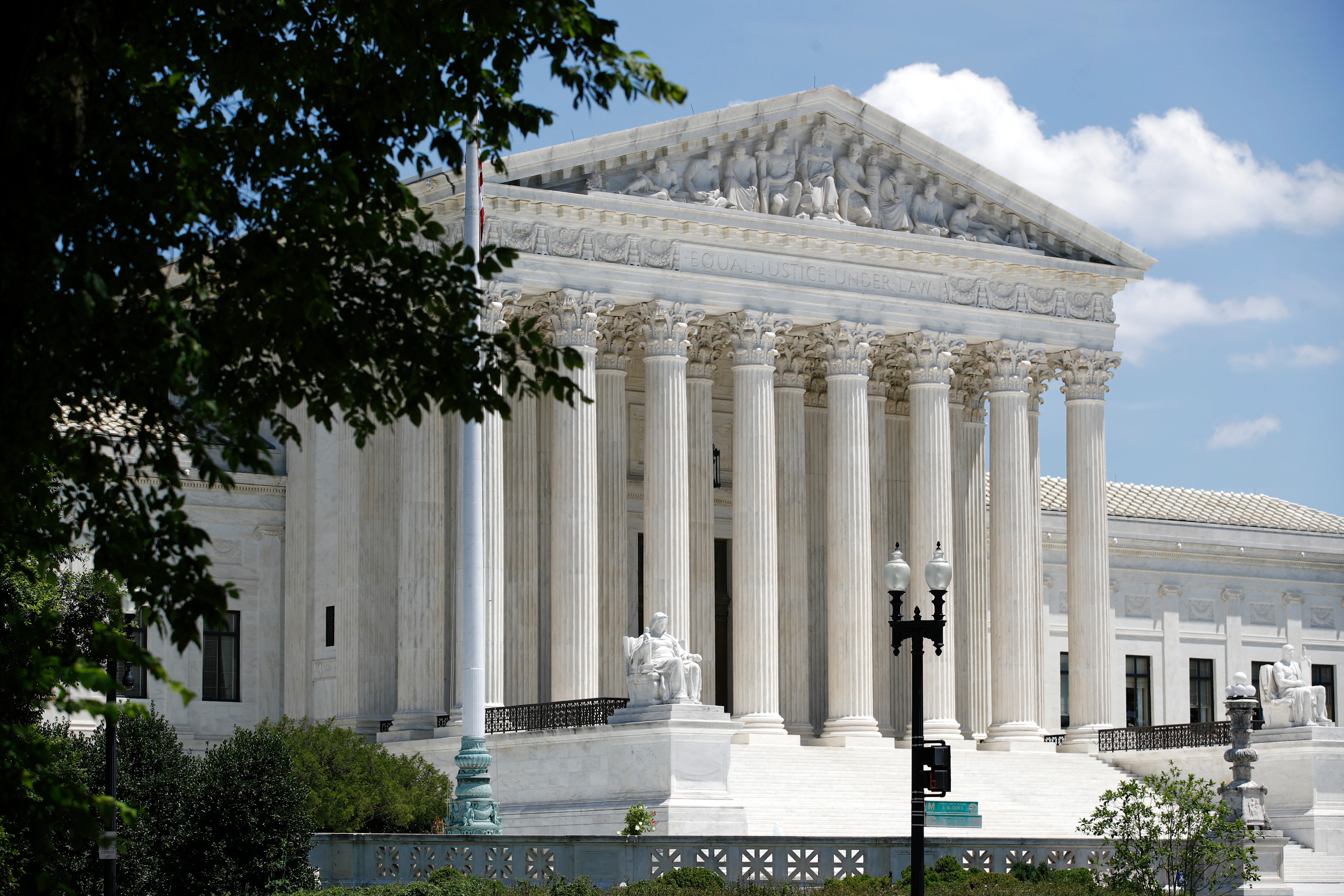
WASHINGTON – The U.S. Supreme Court for the third time rejected a challenge to the country’s chief health insurance law that provides millions of Americans with coverage to help pay their medical costs.
The court, in a 7-2 decision, dismissed on Thursday a bid by 18 Republican-led states and the administration of former President Donald Trump to upend the 2010 Affordable Care Act.
It was the signature legislative achievement of former President Barack Obama, Trump’s immediate predecessor, and is popularly known in the U.S. as Obamacare.
The country’s highest court also rejected challenges to the law in 2012 and 2015, with all three decisions keeping in place such politically popular provisions as allowing young adults to remain on their parents’ insurance policies until they turn 26 and ensuring coverage for patients with preexisting health conditions.
As originally approved by Congress, the law required people to pay a penalty if they chose to not buy health insurance. But Congress in 2017 set that penalty — the so-called individual mandate — at zero.
Republican state attorneys general, and the Trump administration, contended that removing the penalty provision made the whole law unconstitutional.
The court did not consider the validity of the claims made against the law but ruled that the states opposed to it did not have legal standing to make the challenge.
The majority decision was written by liberal Justice Stephen Breyer and joined by two of the three conservative justices appointed to the court by Trump — Brett Kavanaugh and Amy Coney Barrett.
The third Trump appointee, Neil Gorsuch, joined Justice Samuel Alito in dissent.
President Joe Biden has said he will attempt to add provisions to the Affordable Care Act, which was approved when he was Obama’s vice president.
Biden called the decision “a victory for more than 130 million Americans with pre-existing conditions and millions more who were in immediate danger of losing their health care in the midst of a once-in-a-century pandemic.”
Health and Human Services Secretary Xavier Becerra praised the Supreme Court decision, saying it was “a victory for all Americans, especially people with a preexisting condition or anyone who was worried they could be forced to choose between their health and making ends meet. Health care should be a right — not a privilege — just for the healthy and wealthy.”
In a separate decision Thursday on religious rights, the court ruled that the eastern city of Philadelphia was wrong to terminate a foster care services contract with Catholic Social Services, which refuses to work with same-sex couples because of its religious beliefs.
All nine justices agreed with the outcome, but Chief Justice John Roberts wrote for a majority of six that Philadelphia violated the U.S. Constitution’s guarantee of free exercise of religion in ending the contract with the Catholic organization.
Roberts said the organization only sought “an accommodation that will allow it to continue serving the children of Philadelphia in a manner consistent with its religious beliefs; it does not seek to impose those beliefs on anyone else.”
“The refusal of Philadelphia to contract with [Catholic Social Services] for the provision of foster care services unless it agrees to certify same-sex couples as foster parents cannot survive strict scrutiny, and violates the First Amendment to the Constitution,” Roberts wrote.













































